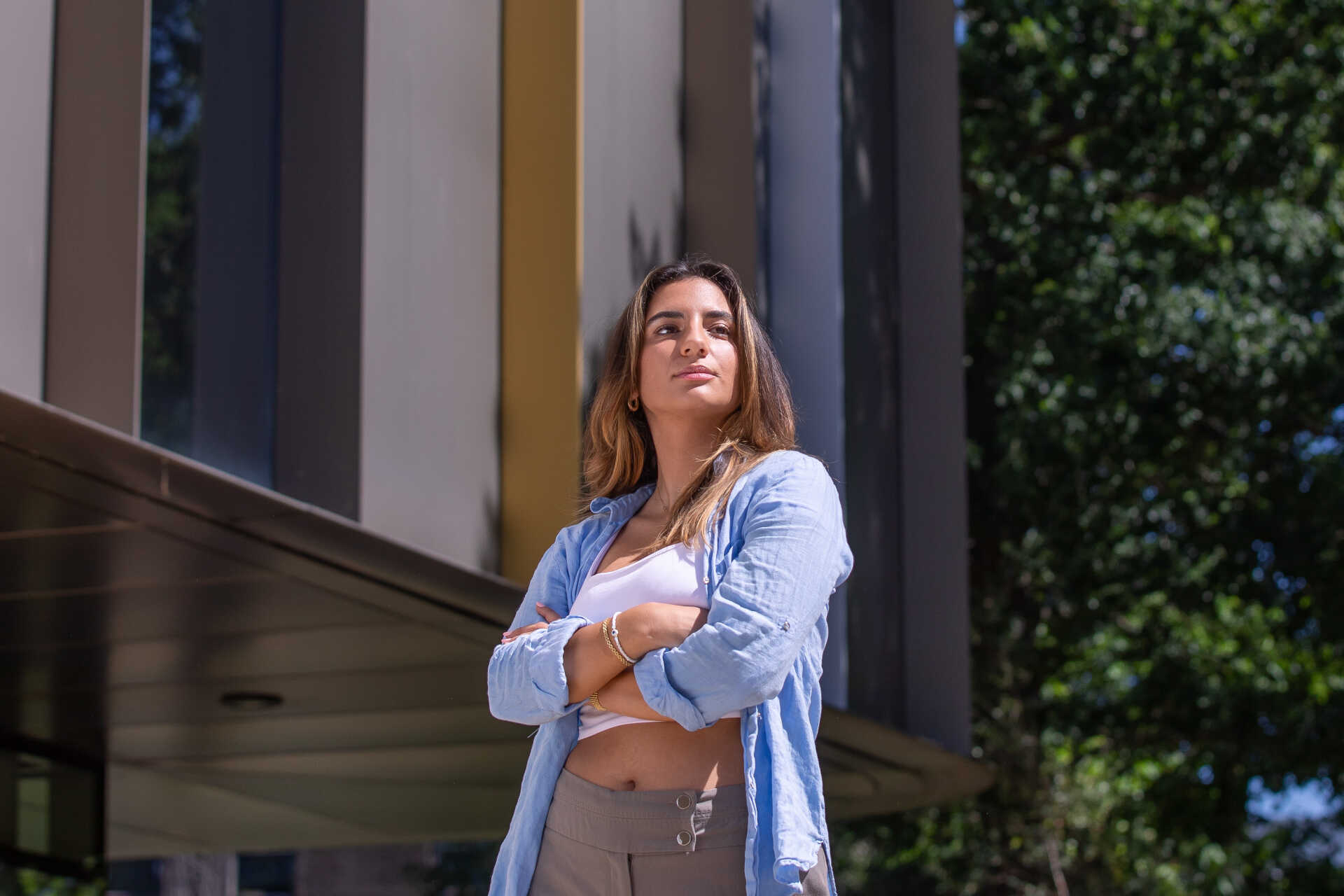History and Philosophy of Art
With modules covering art from the medieval period to the present day, this MA provides a structured introduction to the postgraduate study of the history and philosophy of art. You share your year between our Canterbury campus and Kent’s Paris School of Arts and Culture













